Washing well: Finding the best washing machine for your household
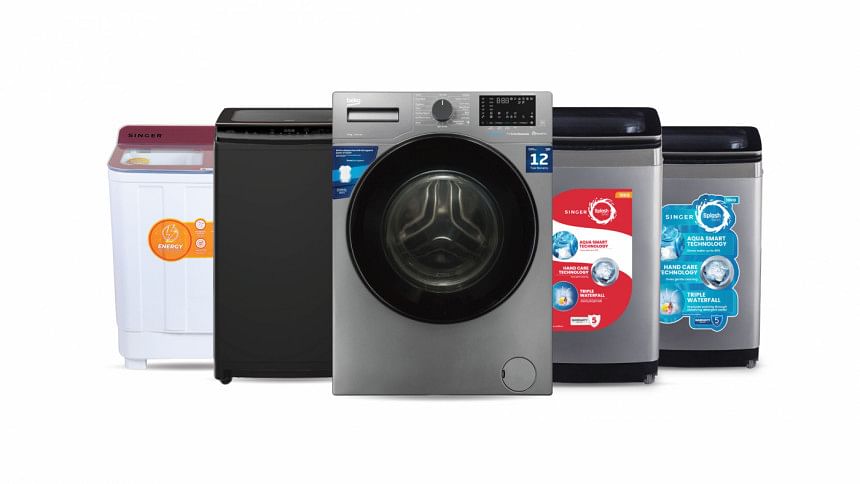
Choosing the right washing machine is essential, especially in a country like Bangladesh, where climate, family size, and energy considerations play important roles in household decisions. However, as there are numerous models and features on the market, selecting the right washing machine can be a daunting task.
Understanding different types of washing machines
With various types and features available nowadays, picking the right washing machine can feel overwhelming. Nonetheless, whatever the brand or features of a washing machine are, there are three primary types of washing machines on the market – top-load, front-load, and semi-automatic – each catering to different user needs, budgets, and utility considerations.

So, which one might be more user-friendly you may ask.
An expert from Walton details, "Top-load machines are favoured for their ease of use. Users can add clothes without bending over, and these models often come at a lower price point. However, they can be less water and energy-efficient compared to other types."
He adds, "Front-load washing machines are generally more efficient in terms of water and energy usage, which can lead to savings in operating costs. They also often feature a wider range of wash settings and better handling of delicate clothes."
For those who march to the beat of their own drum and perhaps enjoy a more hands-on approach, semi-automatic washing machines offer a balance of manual and automated laundry solutions. These machines are typically more affordable and are ideal for places with water supply limitations.
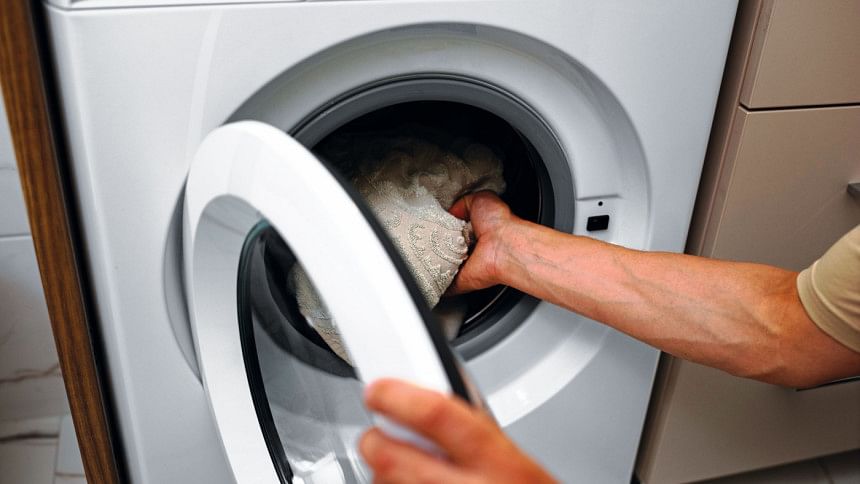
Semi-automatic machines require you to move clothes manually from the wash tub to the spinning tub. This type allows users to control their water intake and is often seen as an economical solution that fits well in many budget-conscious homes or areas with specific utility concerns.
"Semi-automatic machines represent a budget-friendly option that requires some manual intervention, such as filling the machine with water. They can be a good choice in areas with water supply issues or for users who prefer a hands-on approach to their laundry," says the Walton expert.
There are also portable and compact washers, ideal for those who are short on space, portable washers can be stored away when not in use and rolled out to a sink or another water source for operation. Compact washers, on the other hand, are permanently installed but take up less space than traditional models. These are perfect for small households or single-person dwellings.
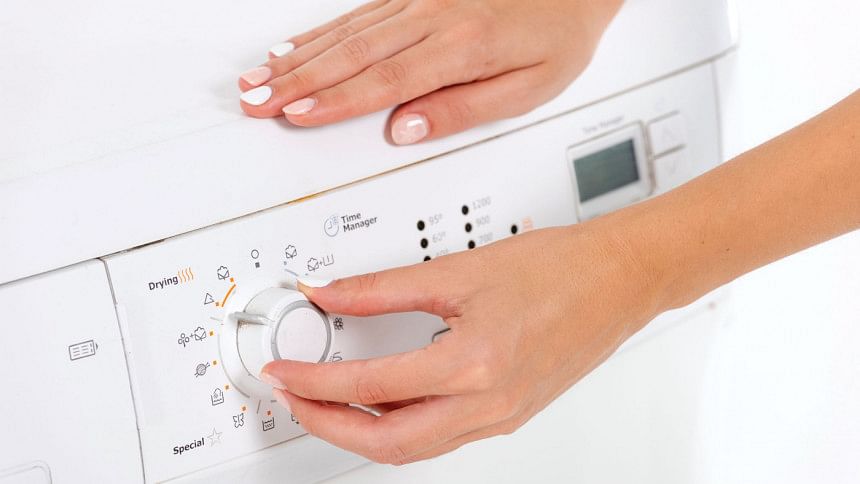
Thus, understanding the different types of washing machines and their distinct features is the first step in making an informed choice that suits your needs and lifestyle.
Choosing the right machine for your needs
Different families or individuals have different requirements. Therefore, washing machines will vary according to the person's needs. When it comes to picking the right machine, you need to consider several factors.
"First and foremost, capacity should align with the household's laundry volume – a larger family might benefit from a machine with a higher capacity, while a single individual or a couple might find a smaller capacity adequate," explains the Walton expert.
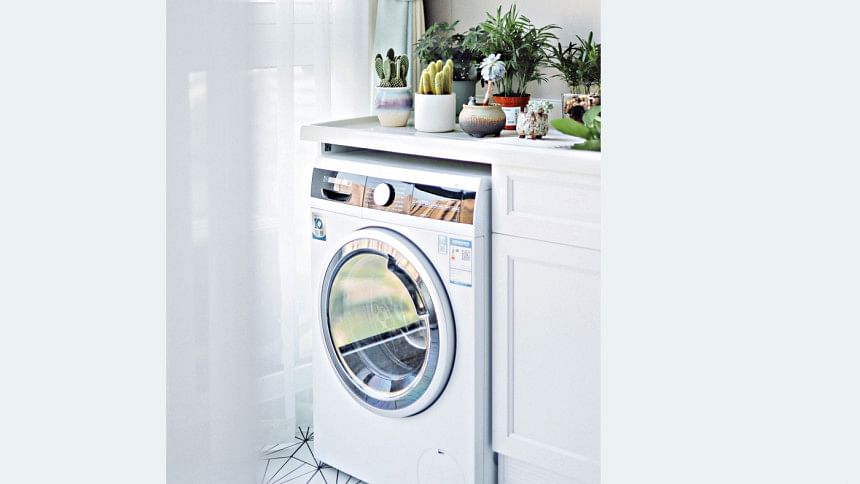
The drum size of a washing machine is an important factor to consider. It's measured in kilograms or cubic feet, indicating the amount of laundry it can handle in a single cycle. For individuals or couples, a smaller machine (5-7 kg) might suffice, whereas larger households would benefit from a capacity of 8 kg or more.
Overloading a machine can lead to poor wash results and strain the motor while underloading leads to wastage of water and energy. That said, energy efficiency equally matters.
The Walton expert shares, "Energy and water efficiency are paramount not only for environmental sustainability but also for reducing utility bills. Machines with high energy efficiency ratings and water-saving programs are preferable. Ease of use, such as intuitive controls and programmable settings, can greatly enhance user experience."
The expert adds, "Durability is a key factor. Machines constructed with high-quality materials are more likely to withstand the test of time. A comprehensive warranty and reliable after-sales support can significantly influence the purchasing decision, providing peace of mind and ensuring long-term satisfaction with the product."
Moreover, modern washing machines offer a variety of programs tailored for different types of fabrics and stains. Features like steam wash, delay start, and extra rinse cycles can provide added convenience and improve washing outcomes. Smart washers with Wi-Fi connectivity allow you to control and monitor your laundry from your smartphone.
Avoiding common purchasing mistakes
Buying the right washing machine is an important decision that impacts daily life and long-term finances. Despite the importance of this purchase, many buyers fall into common traps that can lead to dissatisfaction and unnecessary costs.
One common error is misjudging the required capacity. "One of the most common errors is choosing a washing machine that doesn't fit the household's laundry volume," another industry expert points out.
Moreover, the focus should not solely be on price. "Ease of use, such as intuitive controls and programmable settings, can improve user experience. Additionally, noise levels are an important consideration, particularly for those living in apartments or using the machine during nighttime hours," he highlights.
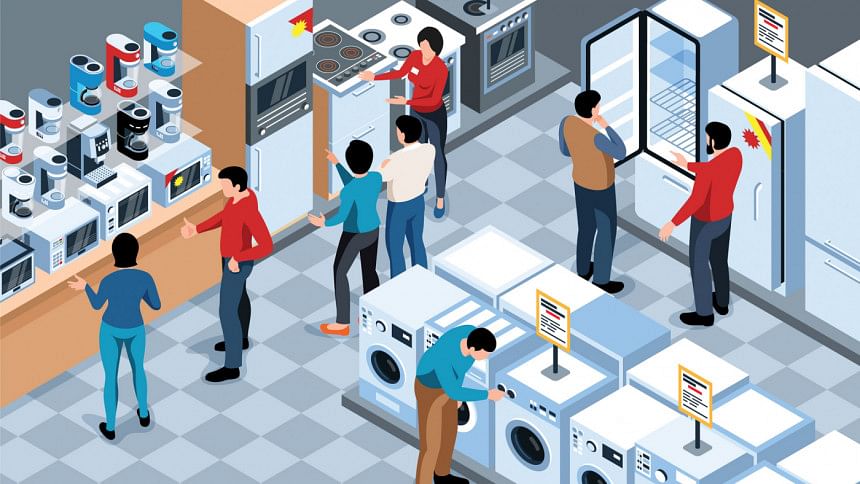
Selecting a less efficient washing machine can have a long-lasting impact on utility bills and environmental footprint. Modern machines come with better energy ratings and efficient water use, which not only conserve resources but also lower ongoing expenses.
Often, shoppers may choose a washing machine solely based on price, missing out on features that could enhance convenience and fabric care. Intuitive controls, programmable settings, and quiet operation can significantly improve the user experience, especially in households where the washing machine is frequently used during nighttime or in close proximity to living areas.
Most importantly, focusing only on the upfront cost can be short-sighted. It's crucial to consider the total cost of ownership, which includes operating expenses, maintenance, and potential savings from durability and energy efficiency.
So, above all, choose quality over quantity.
Choosing the right washing machine involves a thoughtful balance of various factors, including type, capacity, efficiency, and personal lifestyle needs. By understanding the different types of machines and making informed decisions based on detailed expert advice, consumers can enhance their daily lives with a choice that offers convenience, efficiency, and long-term satisfaction.

 For all latest news, follow The Daily Star's Google News channel.
For all latest news, follow The Daily Star's Google News channel. 



Comments